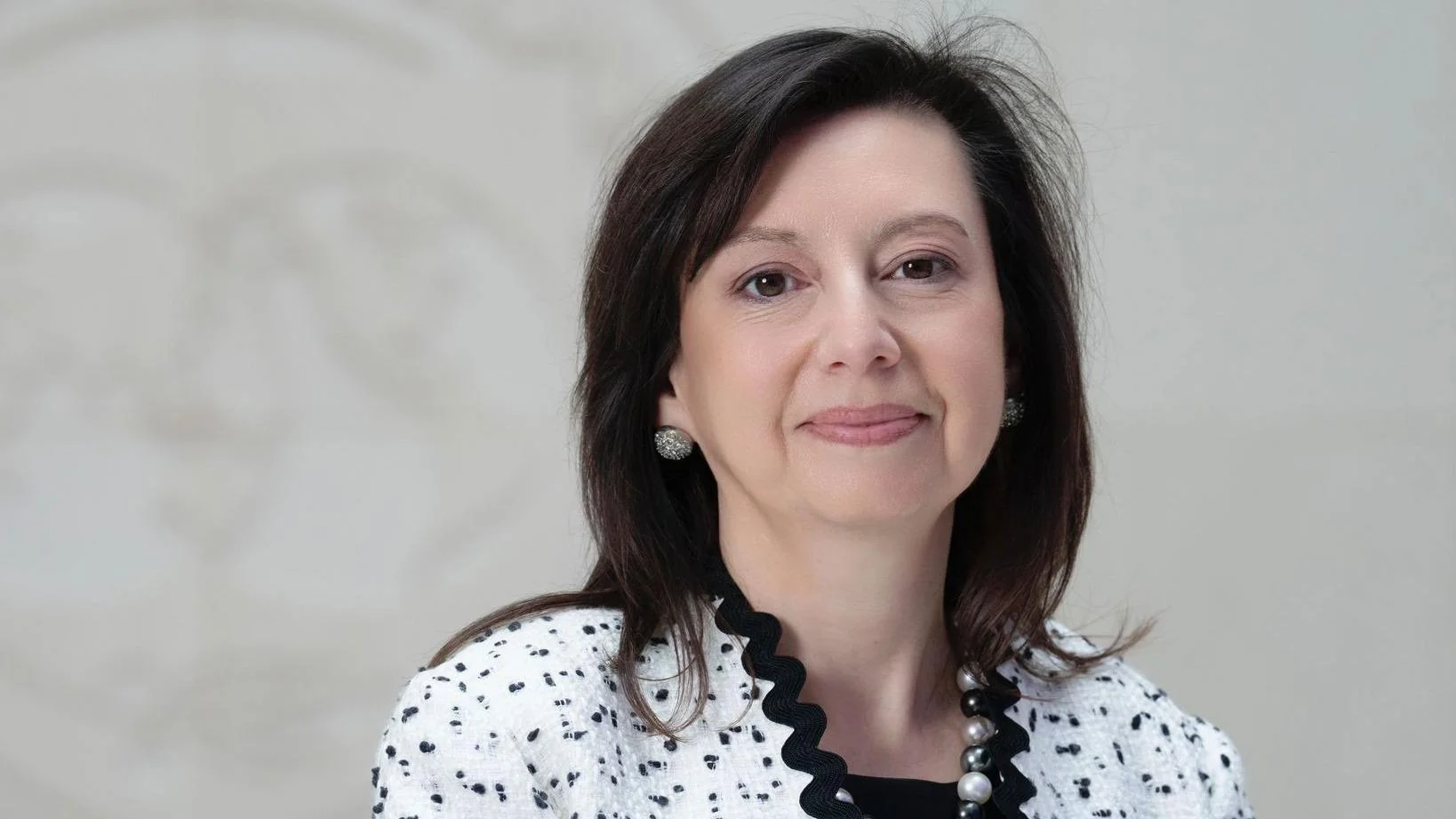The International Monetary Fund (IMF) Executive Board has completed the third review of Jordan's Extended Fund Facility (EFF) arrangement, allowing for an immediate purchase equivalent to SDR 97.784 million, approximately US$134 million. This brings total purchases under the EFF to SDR 437.454 million or about US$595 million. Additionally, the IMF approved a new Resilience and Sustainability Facility (RSF) arrangement with Jordan amounting to SDR 514.65 million, roughly US$700 million.
Jordan's economy has shown resilience amid regional conflicts and global uncertainty. Growth in 2024 reached 2.5 percent and is expected to strengthen further with sound macroeconomic policies and reforms. Inflation remains low due to the Central Bank of Jordan's commitment to stability.
"Jordan continues to maintain macroeconomic stability despite external headwinds from regional conflicts and heightened global economic uncertainty," said Kenji Okamura, Deputy Managing Director and Acting Chair of the IMF Executive Board.
The RSF aims to bolster Jordan’s long-term balance of payments stability by addressing vulnerabilities in water and electricity sectors while enhancing pandemic preparedness. The reform measures focus on improving financial sustainability in these sectors, fiscal resilience, and policy space.
"The authorities continue to make progress with a gradual fiscal consolidation," Okamura noted, emphasizing ongoing efforts for revenue mobilization and spending efficiency.
Structural reforms are also underway to improve the business environment, foster competition, attract private investment, and create jobs aligned with Jordan’s Economic Modernization Vision.
Okamura stressed that "strong and timely donor support remains essential" for Jordan as it navigates external challenges while hosting a significant number of refugees.
The IMF highlights that monetary policy remains focused on safeguarding financial stability with a healthy banking sector in place. The RSF reforms aim at strengthening economic resilience through sustainable practices in key sectors like energy and water management.

